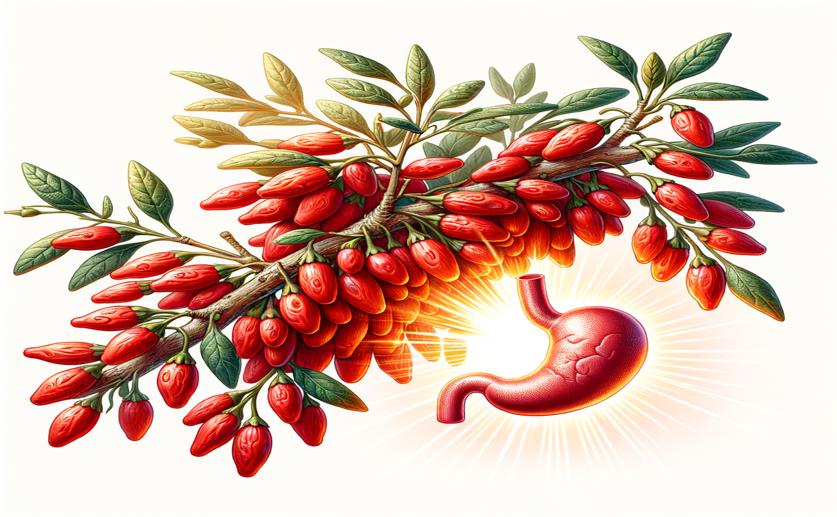
Goji Berry Extract Improves Gut Health and Reduces Colon Inflammation
Jim Crocker
22nd May, 2024

Image Source: Natural Science News, 2024
Key Findings
- The study by Chengdu University of Traditional Chinese Medicine explored the effects of Lycium barbarum polysaccharide (LBP) on ulcerative colitis (UC) in a mouse model
- LBP significantly improved the structure of colonic tissue by increasing proteins essential for gut barrier integrity
- LBP treatment restored healthy levels of beneficial gut bacteria and reduced harmful bacteria in mice with UC-like symptoms
References
Main Study
1) Lycium barbarum polysaccharide remodels colon inflammatory microenvironment and improves gut health.
Published 30th May, 2024 (future Journal edition)
https://doi.org/10.1016/j.heliyon.2024.e30594
Related Studies
2) Ulcerative colitis.
3) Lycium barbarum polysaccharides ameliorate intestinal barrier dysfunction and inflammation through the MLCK-MLC signaling pathway in Caco-2 cells.
4) Lycium Barbarum: A Traditional Chinese Herb and A Promising Anti-Aging Agent.



 19th May, 2024 | Jenn Hoskins
19th May, 2024 | Jenn Hoskins